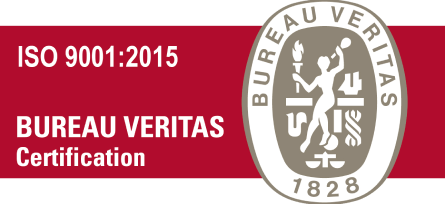Due diligence software is employed in a variety processes, such as M&A as well as intellectual-property management fundraising, and more. The software enables users to gather information, share, and analyze information during the due diligence process, increasing efficiency and reducing risk. Due diligence software helps to ensure compliance with corporate policies as well as regulations. The software also offers options like dynamic watermarking, fence views activity logs, encryption measures that are used both in the process and in the rest.
Users should consider the features that best meet their requirements when selecting a due diligence software system. Some solutions offer customizable workflows, collaborative tools, and a central repository for all due diligence documents. Some solutions offer integration capabilities, allowing users to connect their software with www.dataroomsolutions.info/the-most-popular-types-of-virtual-data-storage-solutions existing systems like CRM and ERP. Additionally, some software solutions have AI-powered capabilities, such as document review and risk analysis to streamline the due diligence process. However, these systems should not be used to replace human expertise as they still require a human eye to review data and identify problems.
Once they have decided on a solution, they must prepare a change management plan to oversee the implementation of the software. This should address any potential difficulties and setbacks that could occur during the transition. In addition, users should inform about the benefits of the new system to all stakeholders who will be affected by its implementation. It is also important that they select a vendor that has flexible pricing options to accommodate their budgets, timelines for projects, and other factors.





